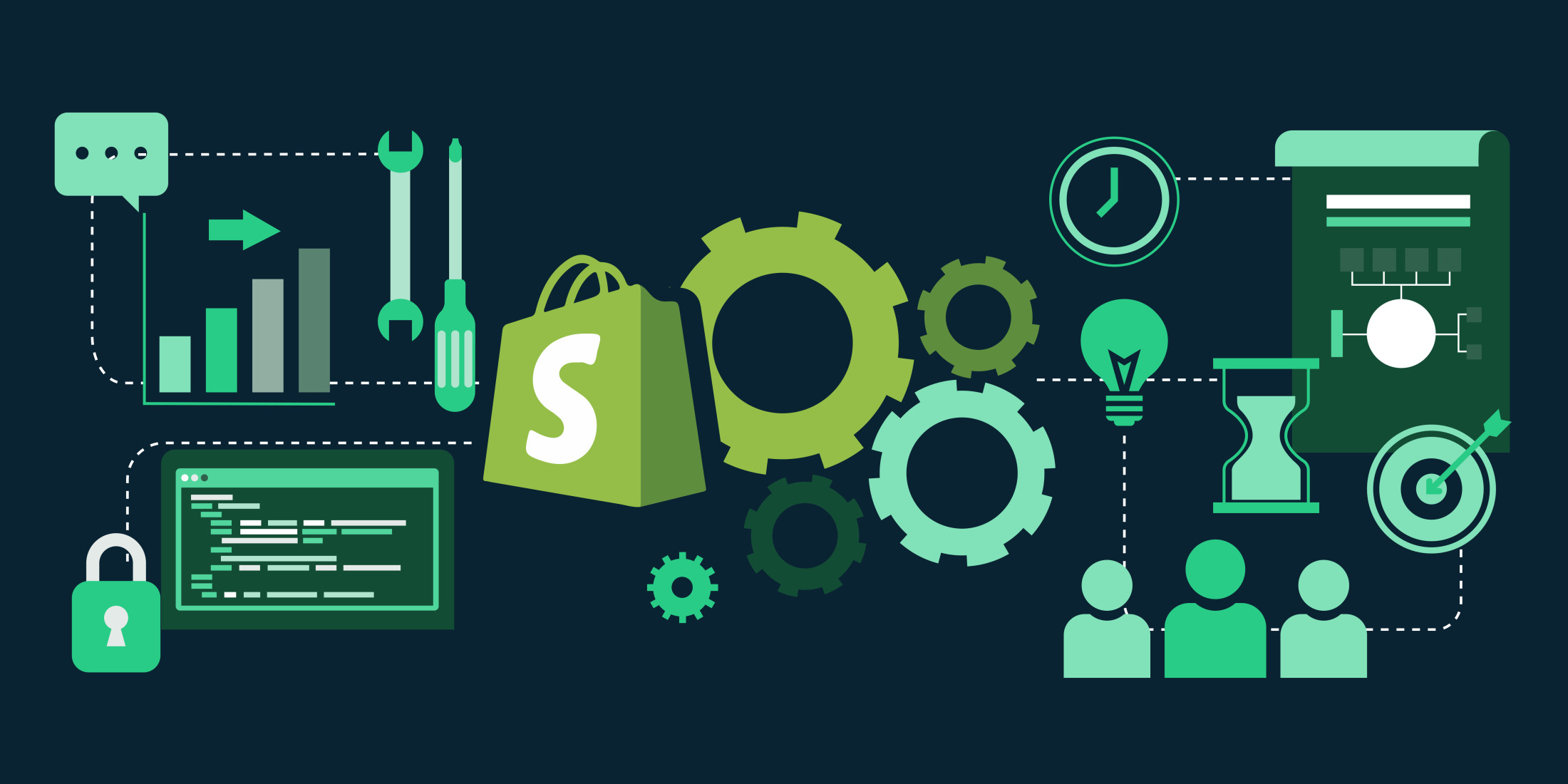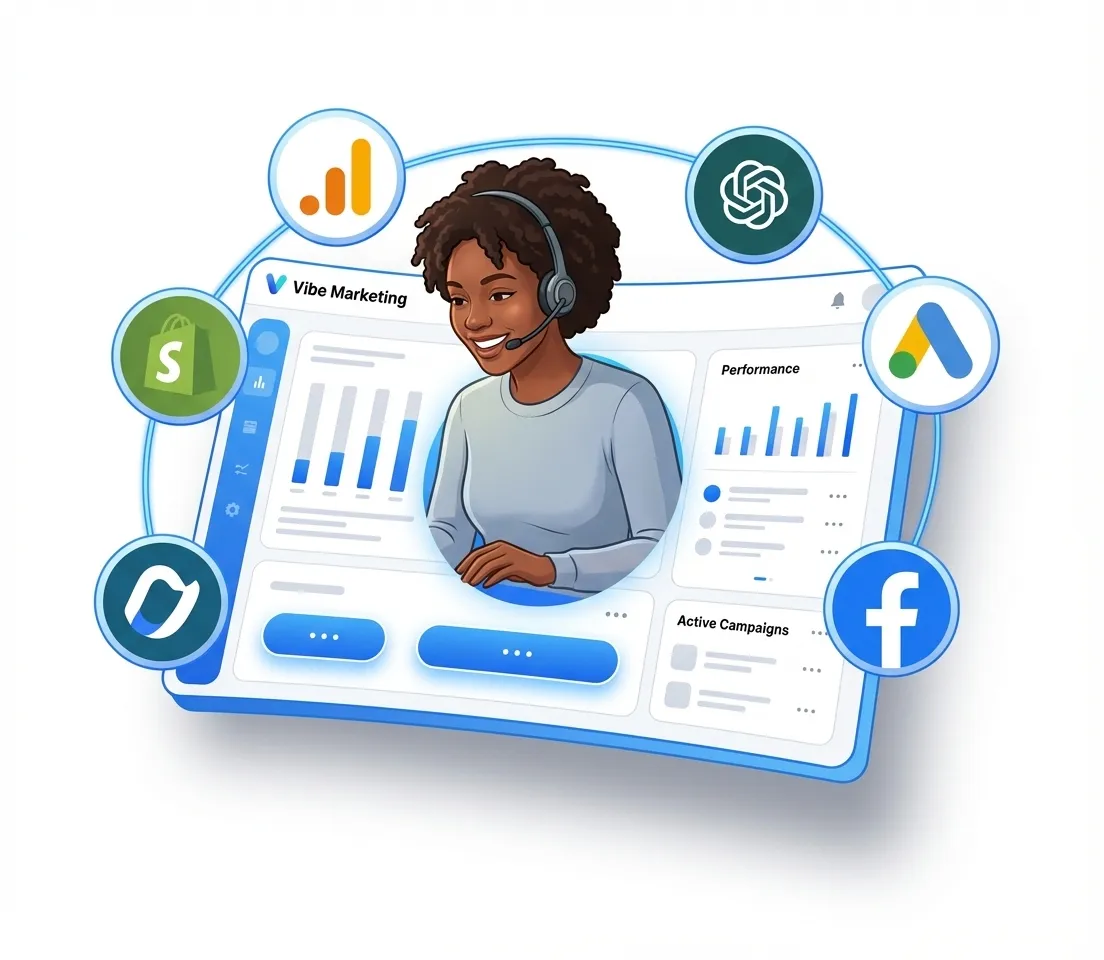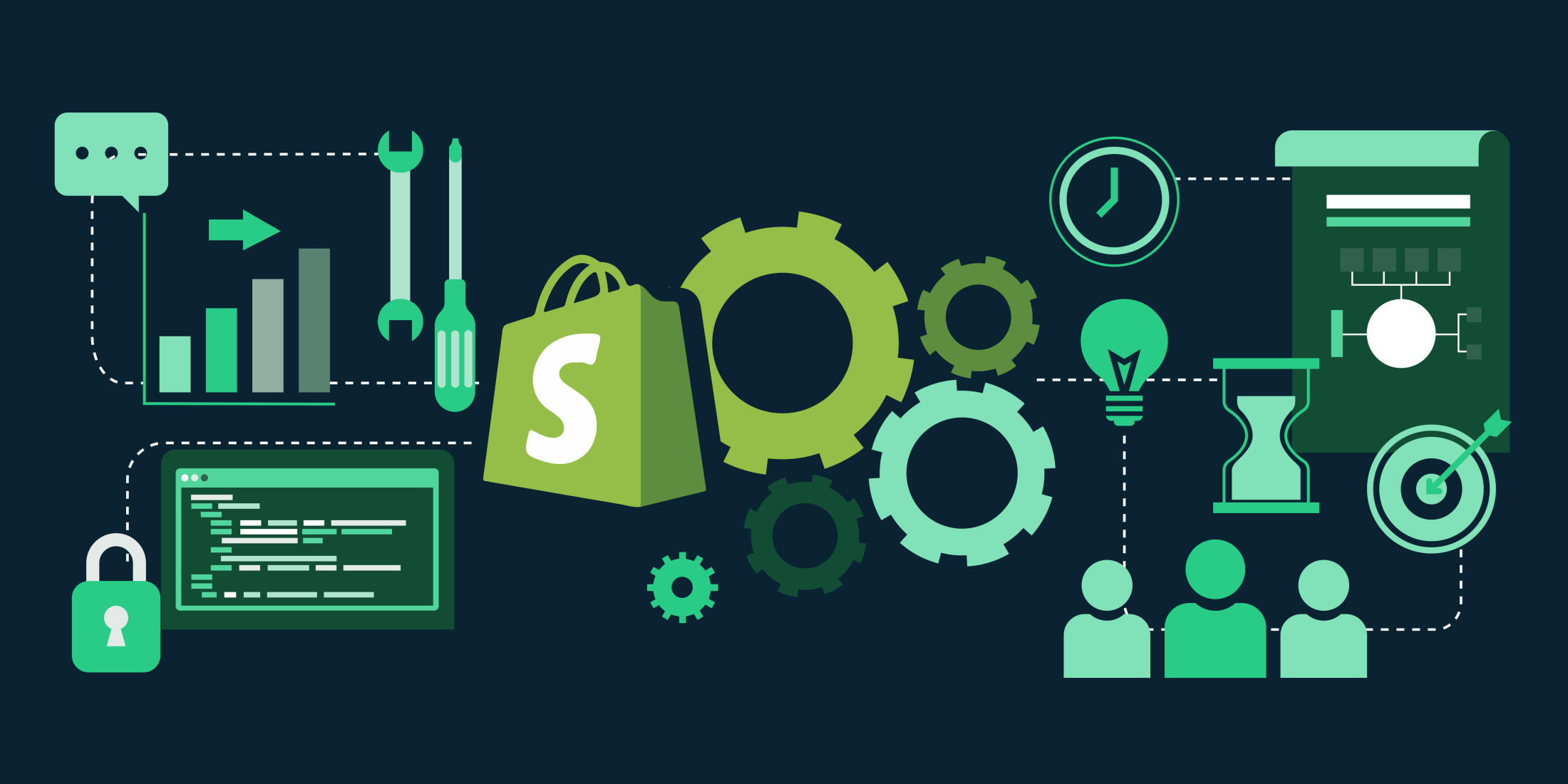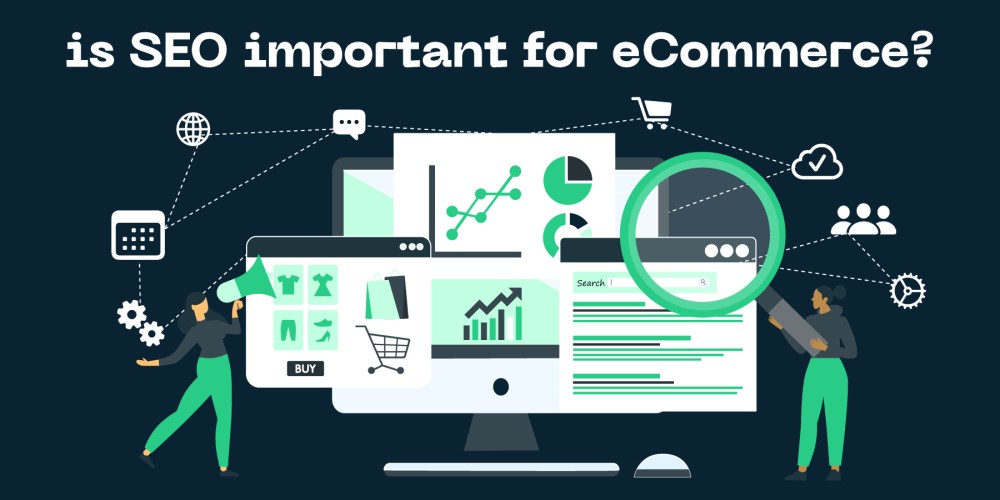AI Agents and Advertising: A Simple Guide for eCommerce Brands

Key Takeaways
- AI agents are revolutionizing eCommerce advertising by making it easier to reach customers and boost sales.
- Understanding how to integrate AI agents with advertising platforms can give your brand a competitive edge.
- Discover popular ad platforms that can seamlessly connect with AI tools to enhance your ad campaigns.
- Use AI agents to optimize conversion rates and improve your marketing strategies.
- Learn how AI can supercharge your SEO efforts for online stores.
- Manage product feeds more efficiently by leveraging AI technology.
- With ConvertMate, you can optimize your marketing, increase conversions, and streamline your eCommerce operations using AI agents.
Introduction to AI Agents in eCommerce
Understanding AI Agents
Understanding AI agents in the context of eCommerce is essential for business owners and marketers seeking to harness the power of artificial intelligence to drive conversion rates. At their core, AI agents are sophisticated software programs designed to perform tasks autonomously, making decisions based on data and predefined rules. In the eCommerce landscape, these agents can be utilized in various capacities, from personalizing customer interactions to optimizing advertising strategies. By leveraging AI agents, businesses can streamline operations, enhance customer experiences, and ultimately maximize sales. As technology continues to advance, AI agents are becoming indispensable tools for those who wish to stay ahead in the competitive digital marketplace.
In the realm of advertising, AI agents can significantly impact how eCommerce brands connect with their target audiences. Through intelligent data analysis and machine learning, AI agents can identify consumer patterns and preferences, allowing businesses to tailor their advertising efforts to individual customers. This level of personalization not only increases the likelihood of conversion but also fosters a sense of loyalty among customers. Additionally, AI agents can automate and optimize ad placements in real-time, ensuring that marketing budgets are utilized efficiently and effectively. For eCommerce brands, embracing AI agents in advertising can lead to more precise targeting, reduced costs, and higher returns on investment.
However, understanding the potential of AI agents goes beyond merely implementing them; it involves a strategic approach to integrating these tools into existing workflows. eCommerce store owners and marketers must be proactive in analyzing the data generated by AI agents to refine their strategies continually. It is also crucial to maintain a balance between automation and human oversight to ensure that the AI’s decisions align with the brand’s values and goals. By taking a thoughtful and informed approach, eCommerce businesses can leverage AI agents to not only enhance their advertising efforts but also build a more agile and adaptive marketing infrastructure. In a digital world where customer expectations are constantly evolving, AI agents offer a dynamic solution for brands aiming to achieve long-term success.
Key Benefits of AI Agents for eCommerce
The integration of AI agents in eCommerce is transforming how brands interact with their customers and manage their operations. As digital storefronts become more ubiquitous, the need to differentiate through personalized and efficient service becomes increasingly crucial. AI agents, powered by advanced machine learning algorithms, offer a suite of benefits that cater directly to these needs. By automating routine tasks and providing intelligent insights into customer behavior, AI agents help eCommerce businesses streamline their processes and enhance the overall shopping experience, ultimately driving higher conversion rates and customer satisfaction.
One of the key benefits of AI agents in eCommerce is their ability to deliver highly personalized advertising experiences. By analyzing vast amounts of data, AI can understand customer preferences and predict future buying behaviors with remarkable accuracy. This capability allows businesses to tailor their marketing efforts, ensuring that customers receive relevant advertisements and product recommendations. Such personalized interactions not only increase the likelihood of conversions but also foster customer loyalty by making shoppers feel understood and valued. As a result, eCommerce brands can expect a tangible increase in their return on investment from advertising campaigns that leverage AI agents.
Another significant advantage of employing AI agents in the eCommerce landscape is their ability to optimize operational efficiencies. AI-powered tools can automate repetitive tasks such as inventory management, customer service inquiries, and data analysis, freeing up valuable time for human employees to focus on strategic initiatives. Moreover, AI agents can provide real-time analytics, offering insights into trends and performance metrics that might otherwise go unnoticed. This enables eCommerce businesses to make informed decisions quickly, adapt to market changes, and maintain a competitive edge. In essence, the integration of AI agents not only enhances the marketing and customer engagement strategies of eCommerce brands but also empowers them to operate more efficiently and effectively in an increasingly competitive market.
Integrating AI Agents with Advertising Platforms
Popular Ad Platforms for AI Integration
Integrating AI agents with advertising platforms can significantly enhance the effectiveness of eCommerce marketing campaigns. As the digital advertising landscape becomes increasingly competitive, leveraging artificial intelligence to optimize ad targeting, personalization, and performance measurement has become essential for marketers aiming to boost their conversion rates. Popular advertising platforms, such as Google Ads, Facebook Ads, and Amazon Advertising, are increasingly incorporating AI tools that allow for more granular audience segmentation and dynamic ad creation. This adaptability means that eCommerce brands can continuously refine their strategies based on real-time data and insights, allowing them to stay ahead of the competition.
Google Ads, for example, utilizes machine learning algorithms to optimize ad placements and bids, providing advertisers with Smart Bidding strategies that predict conversion likelihood and allocate budgets more efficiently. Similarly, Facebook Ads offers AI-driven tools for audience targeting and creative optimization, ensuring that ads are shown to the most relevant audiences based on behavioral data and user interactions. These platforms not only offer robust AI capabilities but also integrate seamlessly with AI agents, making it easier for eCommerce businesses to automate and scale their advertising efforts while maintaining precision and control over their campaigns.
For eCommerce store owners and marketers, integrating AI agents with these platforms can lead to a more personalized and results-driven advertising approach. By utilizing AI-driven insights, marketers can better understand consumer behavior and preferences, allowing them to create more engaging and relevant ad experiences. This level of personalization can lead to higher engagement rates, increased customer retention, and ultimately, improved conversion rates. As AI technology continues to evolve, the potential for even more sophisticated and impactful advertising strategies will only grow, making it an essential consideration for any eCommerce brand looking to thrive in the digital marketplace.
Steps to Seamless Integration
Integrating AI agents with advertising platforms can revolutionize how eCommerce brands interact with their target audience, enhancing both engagement and conversion rates. The first step to achieving seamless integration is understanding the specific goals of your advertising strategy. Different platforms offer myriad functionalities, and an AI agent needs to be programmed or chosen based on how well it aligns with these goals. For instance, if targeting user behavior patterns is a priority, an AI with advanced predictive analytics capabilities might be essential. This alignment ensures that the AI is not only a tool for automation but a strategic partner in the advertising campaign.
Once the goals are clear, the next step is to ensure data compatibility and integration between the eCommerce platform and the AI agent. This involves setting up robust APIs and ensuring that the data flow is seamless and secure. Data is the backbone of AI efficacy, and the better the quality and integration of data, the more personalized and effective the advertising campaigns become. Strong data integration enables the AI agent to pull real-time information, analyze it, and provide actionable insights to adapt campaigns swiftly, ultimately improving the return on investment.
Finally, ongoing evaluation and optimization are critical to the success of AI integration with advertising platforms. It’s important for eCommerce brands to regularly assess the performance of AI-driven campaigns and make data-driven adjustments. AI is dynamic and can improve its efficiency over time when properly monitored and tuned. Feedback loops should be established to refine the algorithms and strategies based on the results observed. This iterative process is essential for keeping the advertising efforts aligned with evolving market trends and consumer behaviors, ensuring that the AI agent continues to drive optimal conversion rates and deliver meaningful business outcomes.
Using AI Agents to Enhance Conversion Rates
Strategies for Conversion Rate Optimization
In the fast-paced realm of eCommerce, the integration of AI agents into advertising strategies has emerged as a powerful tool for enhancing conversion rates. These sophisticated algorithms have the ability to analyze vast amounts of data to predict customer behavior, thereby allowing businesses to tailor their marketing efforts in more personalized and effective ways. By leveraging AI agents, eCommerce brands can create highly targeted advertising campaigns that resonate with individual consumer preferences, leading to higher engagement and, ultimately, increased conversions. The precision of AI-driven insights provides a significant edge in an increasingly competitive market landscape.
One of the most effective strategies for utilizing AI agents is through dynamic content personalization. AI can analyze customer interactions and previous purchase history to deliver customized content that aligns with the consumer's interests and buying patterns. This level of personalization not only enhances the customer experience but also increases the likelihood of converting visitors into buyers. Moreover, AI agents can continuously optimize these campaigns in real-time, adapting to any changes in consumer behavior or market conditions, ensuring that the advertising remains relevant and effective.
Furthermore, AI agents can play a crucial role in automating and refining the customer journey. By using predictive analytics, these agents can identify potential drop-off points in the sales funnel and implement timely interventions to guide prospects towards making a purchase. For example, AI can trigger personalized follow-up emails or offer tailored discounts to hesitant customers, nudging them towards completing their transactions. This proactive approach not only boosts conversion rates but also fosters customer loyalty by providing a seamless shopping experience. As eCommerce brands continue to explore AI-driven solutions, those who effectively harness these tools will be well-positioned to outperform their competitors and achieve sustainable growth.
Analyzing Conversion Data with AI
In the realm of ecommerce, effectively analyzing conversion data is crucial for optimizing sales initiatives. AI agents have emerged as a powerful tool to enhance conversion rates by offering deeper insights and actionable strategies. These AI systems can process vast amounts of data far more quickly and accurately than traditional methods, identifying patterns and trends that may not be immediately apparent to human analysts. By leveraging machine learning algorithms, AI agents can predict consumer behavior and preferences, allowing for more personalized and targeted advertising strategies. This level of precision helps in crafting tailored offers that resonate with potential buyers, thus improving the likelihood of conversion.
Moreover, AI agents can automate the A/B testing process, which is essential for understanding what advertising messages work best. By deploying variants of advertisements to different segments and analyzing the performance in real time, AI systems can dynamically adjust strategies to optimize outcomes. This automation not only saves time but also continuously refines the approach as more data becomes available, providing an evolving strategy that adapts to changing market conditions. As a result, ecommerce brands can focus more on creative aspects and strategic planning while relying on AI to handle complex data analysis tasks.
One compelling advantage of using AI agents in this context is their ability to integrate and synthesize data from various sources, including social media, web analytics, and customer feedback. This holistic view equips marketers with a comprehensive understanding of the customer journey, from initial interest to the final purchase. AI-driven insights can also help identify potential drop-off points within the purchasing funnel and suggest remedies to mitigate these losses. As ecommerce continues to grow and competition intensifies, utilizing AI agents to refine conversion strategies is not merely beneficial—it is becoming essential for staying ahead in the digital marketplace.
SEO and AI Agents: A Powerful Combination
AI-Powered SEO Strategies
In the ever-evolving landscape of eCommerce, leveraging AI-powered SEO strategies can significantly enhance the visibility and effectiveness of online stores. AI agents, with their ability to process vast amounts of data quickly and accurately, are transforming how businesses approach search engine optimization. By identifying patterns and trends in user behavior, these AI systems can optimize keywords, tailor content, and predict future consumer demands with a level of precision that would be impossible through traditional methods. This not only helps in improving search rankings but also ensures that content is aligned with the specific needs and preferences of target audiences, ultimately driving higher conversion rates.
SEO and AI agents together form a powerful combination that eCommerce marketers cannot afford to overlook. AI tools can automate the tedious aspects of SEO, such as keyword research and analysis, allowing marketers to focus on crafting engaging and targeted content. Additionally, AI-powered algorithms can continuously learn and adapt to changes in search engine algorithms, ensuring that SEO strategies remain effective over time. This adaptability is crucial in the highly competitive eCommerce market, where staying ahead of trends can make a significant difference in capturing consumer attention and loyalty.
For eCommerce store owners looking to increase their conversion rates, integrating AI agents into their SEO strategy is not just an option but a necessity. The insights provided by AI can help businesses understand the nuances of consumer intent and behavior, enabling them to create a more personalized shopping experience. This personalization, powered by AI-driven data analysis, can lead to higher engagement and conversion rates, as customers are more likely to respond positively to content that resonates with their specific interests and needs. As the digital marketplace continues to expand, those who harness the capabilities of AI agents for SEO will likely find themselves at a significant advantage, reaping the benefits of increased traffic and sales.
Measuring SEO Success with AI
The integration of AI agents in SEO strategies is revolutionizing how eCommerce brands measure success. Traditional SEO metrics, while still important, are being enhanced by AI-driven insights that provide a more comprehensive view of customer engagement and conversion rates. AI agents can analyze large datasets quickly, identifying patterns and trends that human analysts might miss. This capability allows eCommerce marketers to optimize their strategies in real-time, making data-driven decisions that can significantly boost their SEO performance. By harnessing the power of AI, brands can stay ahead of competitors by predicting shifts in customer behavior and adjusting their content accordingly.
Moreover, AI agents excel at personalizing the customer experience, a crucial factor in SEO success. They can tailor content not just based on keywords but also on user intent and preferences, delivering a more relevant experience to potential customers. This personalization leads to higher engagement rates, which search engines often recognize as a signal of value, subsequently boosting search rankings. For eCommerce store owners and marketers, this means that investing in AI-driven SEO strategies can lead to more effective audience targeting and an increase in conversion rates.
However, it is essential to remember that while AI can offer incredible insights, it should complement, not replace, human intuition and creativity. The most successful SEO strategies will be those that combine the analytical power of AI with the nuanced understanding of human marketers. AI agents provide the data and learnings needed to refine and enhance SEO efforts, but it is the marketers who must interpret these insights to craft compelling, authentic content that resonates with their audience. Thus, using AI in SEO is not just about collecting data, but about transforming that data into actionable strategies that align with the brand’s unique voice and goals.
Leveraging AI for Better Feed Management
Optimizing Product Feeds with AI
In the ever-evolving landscape of eCommerce, optimizing product feeds has become a crucial strategy for increasing conversion rates and improving advertising performance. Leveraging AI for better feed management can significantly enhance how products are presented to potential customers, ensuring that they meet the specific needs and preferences of the target audience. AI algorithms are capable of analyzing vast amounts of data quickly and accurately, identifying patterns and trends that may not be immediately apparent to human marketers. By employing AI, eCommerce brands can refine their product feeds to showcase the most relevant and appealing products to consumers, enhancing the likelihood of engagement and conversion.
AI-driven feed optimization can automate the process of updating and refining product listings across various advertising platforms, ensuring that all information is accurate and up-to-date. This automation reduces the manual effort required and minimizes errors that can occur with human handling. More importantly, AI can dynamically adjust product attributes and prioritize listings based on real-time consumer behavior, search trends, and competitive analysis. This level of precision allows eCommerce brands to stay ahead in a competitive market, presenting their products in the most favorable light to attract potential buyers.
Furthermore, the predictive capabilities of AI can offer invaluable insights into future consumer trends and preferences, enabling eCommerce brands to proactively adjust their product offerings and advertising strategies. By leveraging AI, store owners and marketers can focus on strategic decision-making and creative aspects of their business, while the AI tools handle the complex data-driven tasks. In essence, AI not only optimizes the efficiency of product feed management but also empowers businesses to make informed decisions that drive growth and increase conversion rates.
Common Challenges and Solutions
Leveraging AI for better feed management presents both challenges and opportunities for eCommerce brands seeking to improve their advertising strategies. One common challenge lies in the integration of AI technologies with existing systems. Many eCommerce platforms already have established workflows and databases, and integrating AI solutions without disrupting these processes can be complex. This often requires a careful assessment of current systems and the selection of AI technologies that can seamlessly integrate or operate alongside them. To overcome this, eCommerce brands should consider partnering with AI solution providers who offer robust integration support and possibly start with modular AI components that can be gradually incorporated.
Another significant challenge is the need for high-quality data to feed AI algorithms effectively. AI models thrive on large volumes of accurate and relevant data, but collecting and maintaining this data can be a resource-intensive task. To address this challenge, eCommerce store owners can implement strategies for consistent data collection and invest in data cleaning processes to ensure the datasets are free from inaccuracies. Additionally, leveraging AI for feed management requires continuous monitoring and optimization to adapt to changing consumer behaviors and market trends. This could mean employing AI tools that not only manage feeds but also provide actionable insights through predictive analytics, enabling marketers to optimize their advertising efforts continually.
Finally, there is the challenge of transparency and understanding AI processes. Many marketers may find AI operations to be a "black box," which can lead to hesitancy in fully trusting AI-driven decisions. To mitigate this, it is crucial for eCommerce brands to work with AI solutions that offer transparency and explainability features, allowing users to understand how decisions are made. Training sessions and workshops can also be beneficial for marketing teams to grasp the essentials of AI technologies. By demystifying AI processes, eCommerce brands can empower their teams to harness AI effectively, ultimately leading to better feed management and higher conversion rates.
FAQS
What are AI agents and how do they benefit eCommerce businesses?
AI agents are intelligent systems capable of executing tasks and making decisions with minimal human intervention. For eCommerce businesses, they can help optimize marketing strategies, personalize customer interactions, and improve conversion rates by analyzing large data sets quickly and accurately.
How can AI agents improve my store's conversion rate?
AI agents can analyze customer behavior and preferences to personalize the shopping experience, recommend products, optimize pricing, and streamline the checkout process, all of which can lead to higher conversion rates.
What role do AI agents play in digital advertising for eCommerce?
AI agents can automate and optimize ad targeting, creative testing, budget allocation, and bidding strategies in real-time, ensuring that your advertising efforts are both efficient and effective.
How does ConvertMate integrate AI agents with existing eCommerce platforms?
ConvertMate offers seamless integration with popular eCommerce platforms, allowing AI agents to access and analyze data from various touchpoints, such as analytics tools, shopping platforms, and CMS, to enhance marketing outcomes.
Are AI agents cost-effective for small to medium-sized eCommerce businesses?
Yes, AI agents can be cost-effective for small to medium-sized eCommerce businesses by automating repetitive tasks, optimizing marketing spend, and maximizing the return on investment through data-driven insights and actions.
Can AI agents help with SEO optimization for eCommerce websites?
AI agents can analyze keywords, user intent, and competitor strategies to optimize on-page and off-page SEO efforts, ensuring better search engine rankings and increased organic traffic to your eCommerce website.
How does ConvertMate ensure data privacy while using AI agents?
ConvertMate is committed to maintaining data privacy by implementing robust security measures and ensuring that all AI agent operations comply with industry standards and regulations, protecting both your business and your customers.



